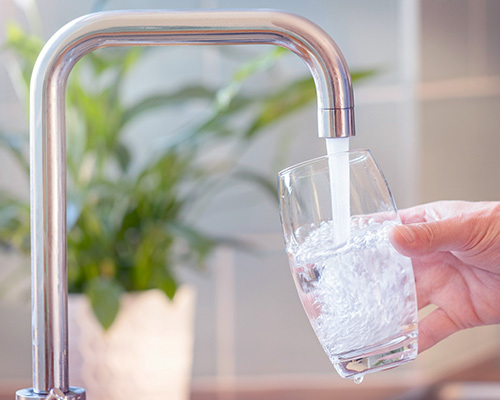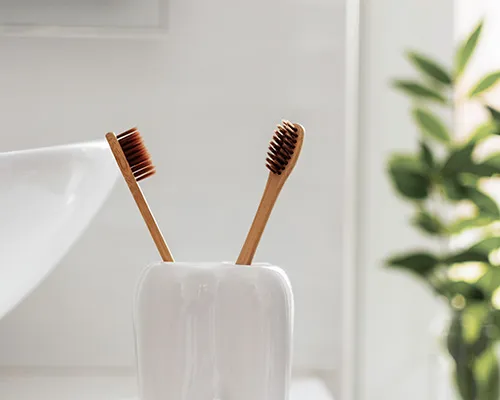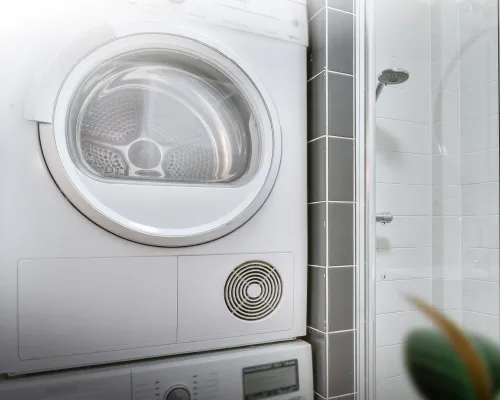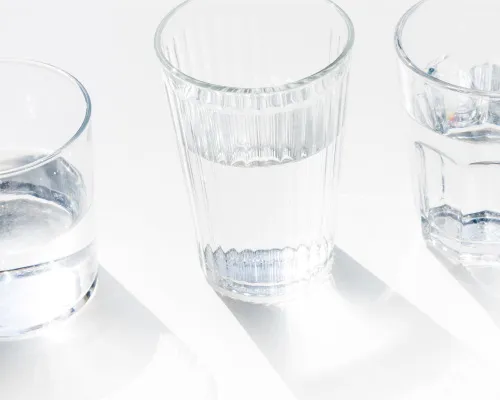Puretec - Contaminants
Puretec - Contaminants

Puretec - Contaminants


How to reduce PFAS in your water with water filtration
Also known as ‘forever chemicals’, PFAS is the collective term for thousands of PFOA and PFOS man-made chemicals, which are persistent in the environment and can accumulate in the human body. PFAS are commonly used in non-stick cooking items, water-resistant clothing and firefighting foams, and have been bioaccumulating in the environment since the 1940s. Although limited studies have been conducted on their effects on humans, the World Health Organisation has recently classified them as carcinogenic to humans.
Read more

Bacteria - What your water collects along the way and why you should be filtering it.
Rainwater itself is very pure, but in the collection process, it becomes contaminated with airborne particles, bacteria or anything on your roof, gutters and within the water tank itself. Leaf matter, rust, dirt and animal droppings all come into contact with your water along the way bringing with it harmful bacteria, sediment, bad tastes and odours, as well as long-term effects caused by giardia. Surface and bore water are even more easily contaminated, to the extent where bacteria treatment becomes critical. The solution? A Puretec filtration system, specifically designed for treating bacteria.
Read more

Chlorine Removal* - How to remove* chlorine taste & odour from your mains water supply.
Chlorine is one of the most talked about concerns in relation to drinking mains water. It is necessary to ensure our water remains safe to drink from our community sources but it leaves our water with that chlorine aftertaste and smell. Not only is it unappetising to drink but it can also leave our skin feeling dry & itchy, especially for those with sensitive skin and conditions like eczema and dermatitis. Chlorine also impacts the life of appliances that use water and can degrade seals on tapware and toilets.
Read more

Cryptosporidium - Effectively treat water that contains Cryptosporidium parasites - Households & holiday homes.
Before addressing what to do about Cryptosporidium, you first need to understand the impact it can have on those who consume or use contaminated water. Cryptosporidium is a microscopic parasite that causes severe diarrhoea, nausea, vomiting and fever. Because the parasite is protected by an outer shell it can live outside the body for long periods of time, making it tolerant to chlorine disinfection.
Read more

Fluoride Water Filter - Solutions for those with a preference to reduce fluoride from their water.
It has long been debated whether fluoride found in water has a positive or negative impact on your health. Research suggests that small doses can have a positive impact, whereas high doses can have a detrimental impact on your health.
Read more

Hardness - The easy solution to scale build-up caused by calcium & magnesium in your water.
The most noticeable effects of hard water shows up as spotting on your glassware and shower screens but it also has a far more damaging effect on your appliances. Any appliance around your home, particularly those heating water like dishwashers, washing machines and hot water systems, can become blocked and can ultimately shorten their lifespan. It can also have a long-term affect on your pipework and plumbing fixtures, leading to further costly repairs and replacements.
Read more

Nitrate - Nitrate contaminated water can’t be seen and can be harmful. So what can be done about treating it?
Nitrate is one of the most common groundwater contaminants in rural areas, originating primarily from fertilisers and septic systems. However nitrate is also commonly found in mains water supplies where the water is exposed to the same contaminants.
Read more

Tannin - Is leaf matter impacting the smell, taste and colour of your water?
Brown, dirty water is often caused by tannins which are the result of water sitting in decaying vegetation and leaves. This is common with surface water like river water but can also be found in other water sources such as rainwater. Tannins will give your water a bitter taste and have an unpleasant odour, while the tea-coloured water will often leave stains on items like spas, sinks, and toilet bowls. Not something you would want, nor a guest to experience.
Read more